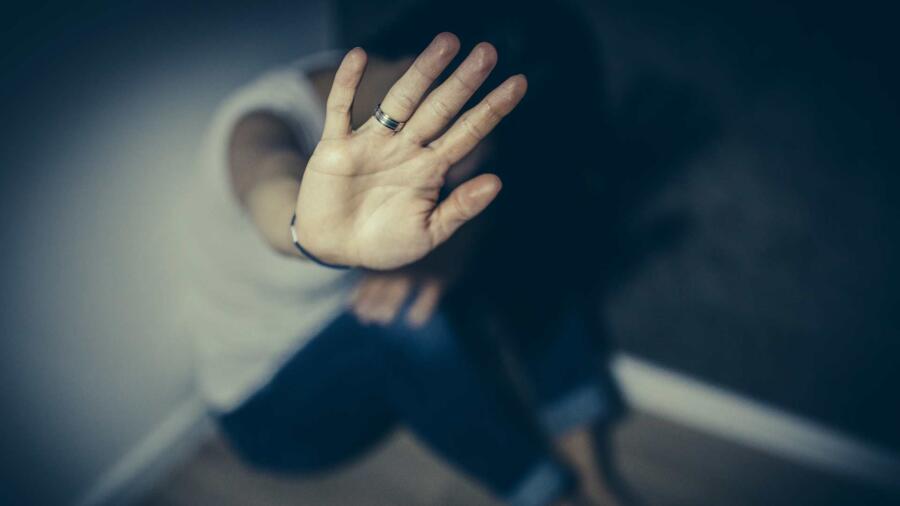Abuse Victims Who Killed Abusers
The phenomenon of abuse victims who killed abusers presents a complex intersection of trauma, justice, and societal perception. These cases often involve individuals who, after enduring prolonged periods of physical, emotional, or sexual abuse, resort to lethal force against their abusers. The legal system’s response to such actions varies, influenced by factors like evidence of abuse, perceived threat, and societal attitudes toward self-defense.
Understanding the Context
Prolonged abuse can lead to psychological conditions such as Battered Woman Syndrome, where victims feel trapped and perceive violence as the only escape. This mental state can impair judgment and lead to actions that, while criminal, stem from a place of desperation and survival instinct.
Case Studies
Gypsy Rose Blanchard
Gypsy Rose suffered years of medical abuse at the hands of her mother, Dee Dee Blanchard, who subjected her to unnecessary treatments. In 2015, Gypsy conspired with her boyfriend to murder Dee Dee. She received a 10-year sentence for second-degree murder, highlighting the court’s recognition of her victimization.
Francine Hughes
After enduring years of domestic violence, Francine set her husband’s bed on fire while he slept, resulting in his death. Her 1977 trial ended in acquittal by reason of temporary insanity, bringing national attention to domestic abuse issues.
Nicole Addimando
Nicole shot her partner in 2017, claiming self-defense after years of abuse. Initially sentenced to 19 years to life, her term was reduced to 7.5 years under New York’s Domestic Violence Survivors Justice Act, acknowledging the impact of her abuse.
Chrystul Kizer
At 17, Chrystul killed a man who had been trafficking her. Initially charged with first-degree murder, her case became a focal point for discussions on how the legal system treats trafficking victims who retaliate against their abusers.
Brigitte Harris
Brigitte killed her father in 2007 after years of sexual abuse, fearing he would harm her nieces. Convicted of manslaughter, she served three years, with her case sparking debates on the legal treatment of incest survivors.
Stacey Hyde
At 17, Stacey killed a man she claimed was attacking her. Initially convicted of murder, her sentence was later quashed, and she was released. Her story underscores the challenges young abuse victims face in the legal system.
Katherine Knight
In Australia, Katherine murdered her partner in 2001 after a history of violent relationships. She was sentenced to life without parole, with her case often cited in discussions about extreme responses to abuse.
Legal Perspectives
The justice system grapples with balancing accountability and empathy in cases where abuse victims kill their abusers. Laws like the Domestic Violence Survivors Justice Act aim to provide leniency, but inconsistencies remain. Factors such as immediate threat, evidence of abuse, and societal biases influence outcomes.
Societal Reactions
Public opinion on these cases is divided. Some view the victims as justified, while others see them as criminals. Media portrayal plays a significant role in shaping these perceptions, often influencing public sentiment and, indirectly, legal proceedings.
Support Systems
Organizations offer resources for abuse victims, including shelters, counseling, and legal assistance. However, access to these services can be limited, and not all victims are aware of or able to utilize them, leading some to feel that lethal action is their only option.
Conclusion
Cases of abuse victims who killed abusers highlight the need for a nuanced understanding of the interplay between prolonged trauma and criminal behavior. While the legal system has made strides in recognizing the complexities involved, continued efforts are necessary to ensure justice and support for those affected.
FAQs
What is Battered Woman Syndrome?
A psychological condition resulting from prolonged domestic abuse, leading victims to believe they cannot escape the situation, sometimes resulting in extreme actions.
Are there legal protections for abuse victims who retaliate?
Some jurisdictions have laws that consider the history of abuse in sentencing, but protections vary widely.
How does public opinion affect these cases?
Media coverage and societal attitudes can influence public perception, which may indirectly impact legal proceedings.
What resources are available for abuse victims?
Resources include shelters, hotlines, counseling services, and legal aid organizations dedicated to supporting abuse survivors.
Can abuse victims be acquitted for killing their abusers?
Yes, if they can prove self-defense or diminished capacity due to abuse, but outcomes vary based on evidence and jurisdiction.
What challenges do abuse victims face in the legal system?
Challenges include proving the abuse, overcoming societal biases, and accessing adequate legal representation.

